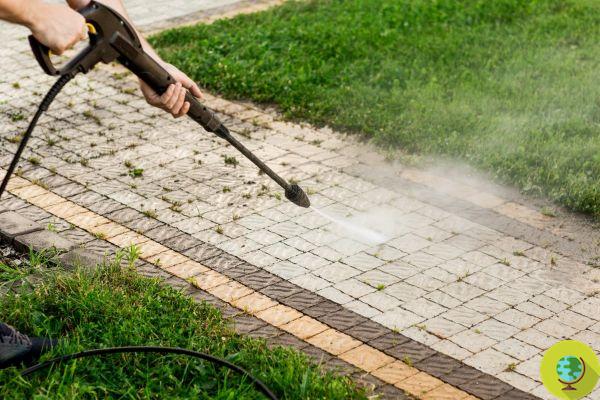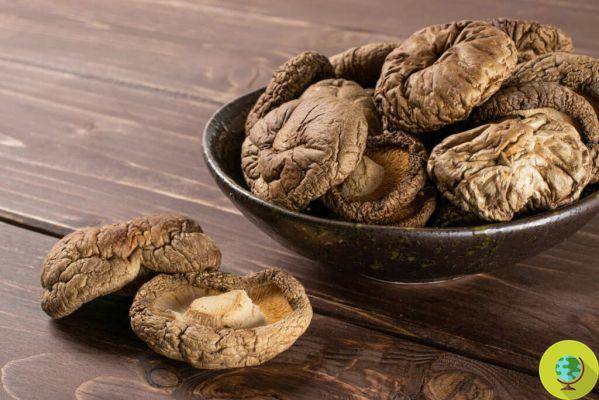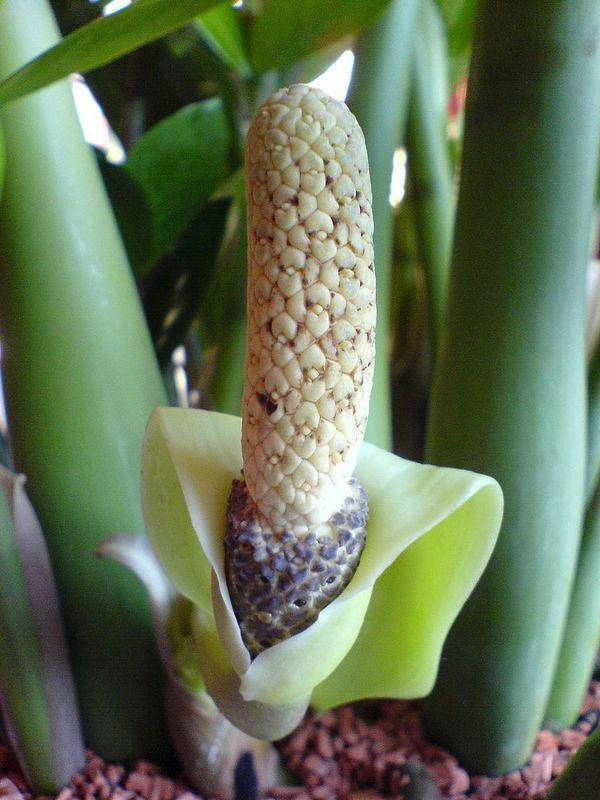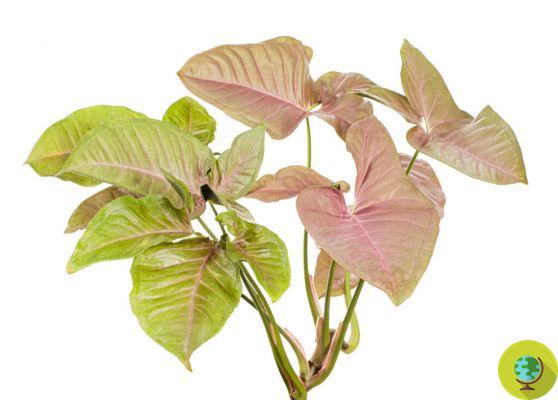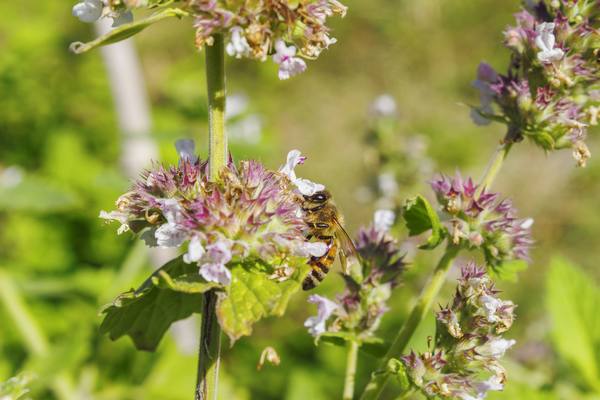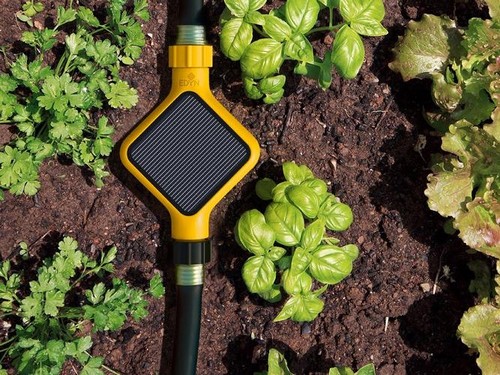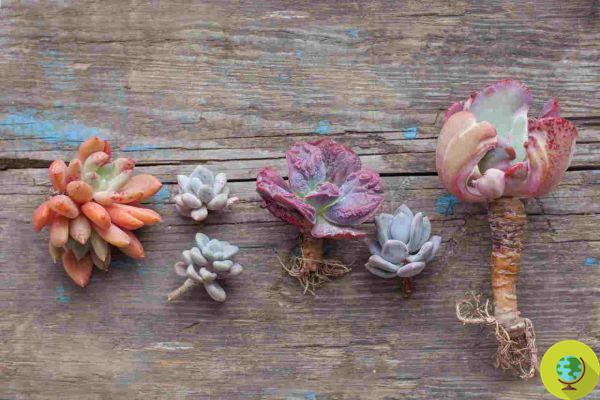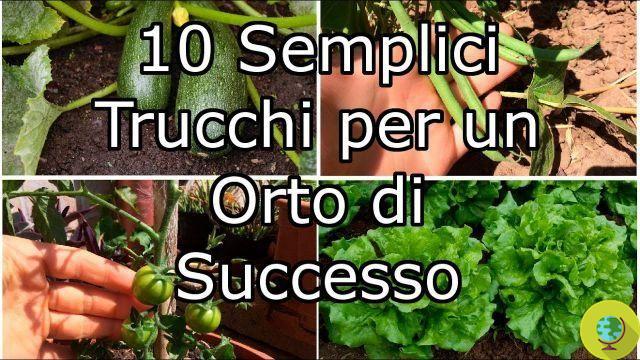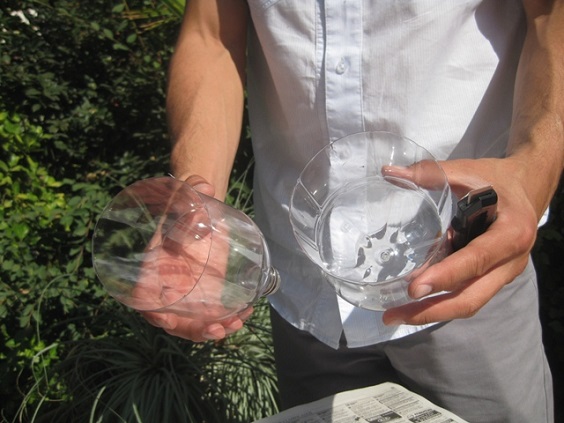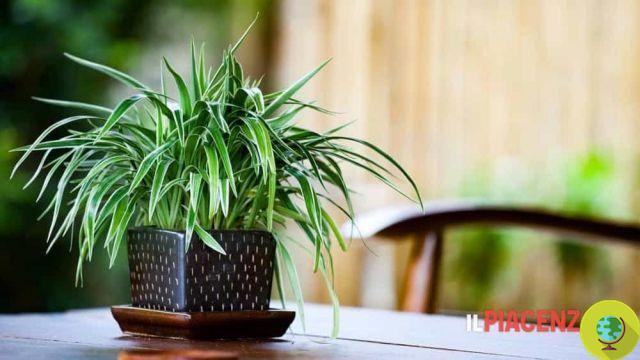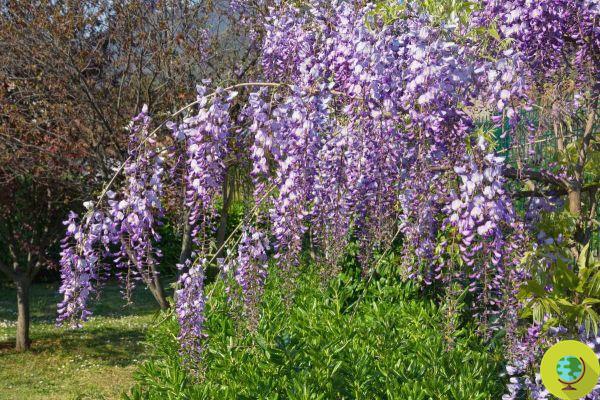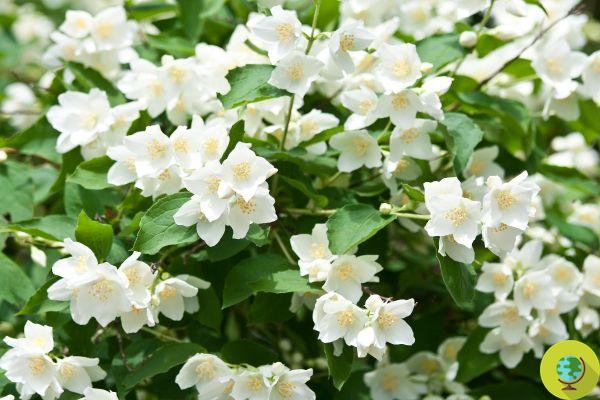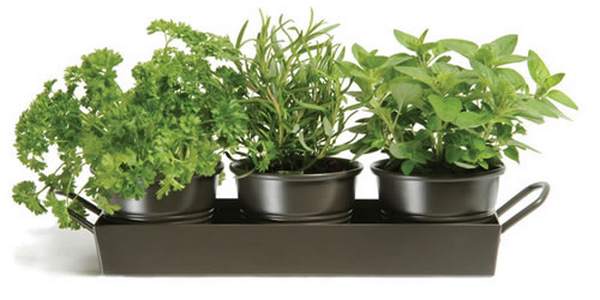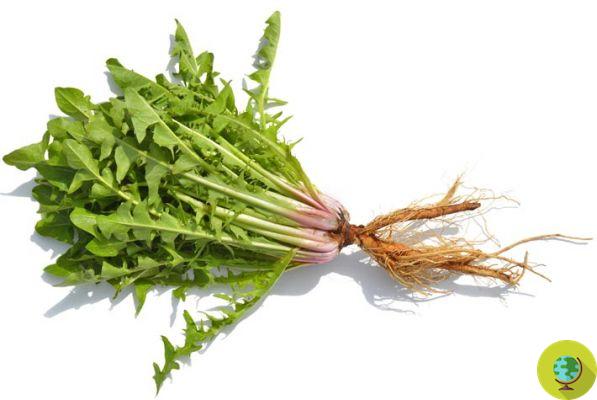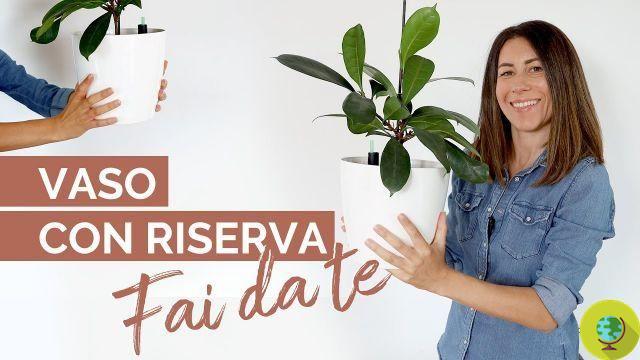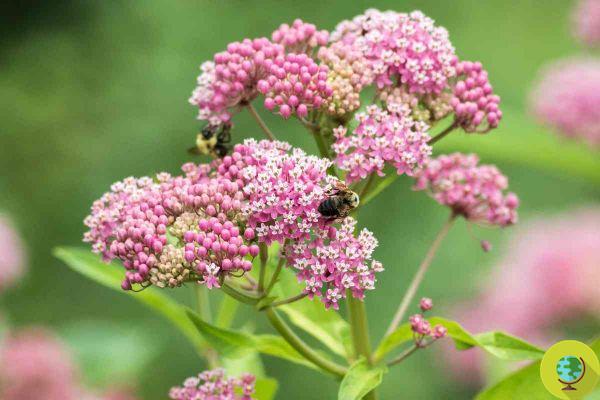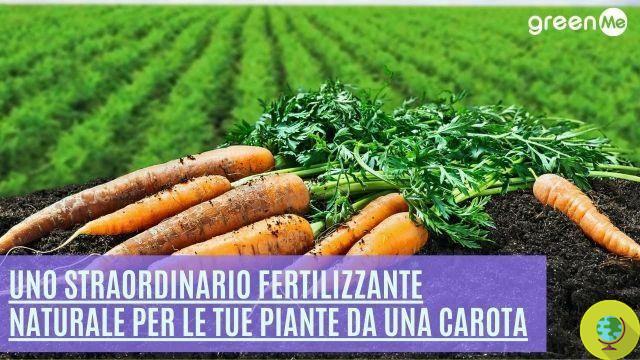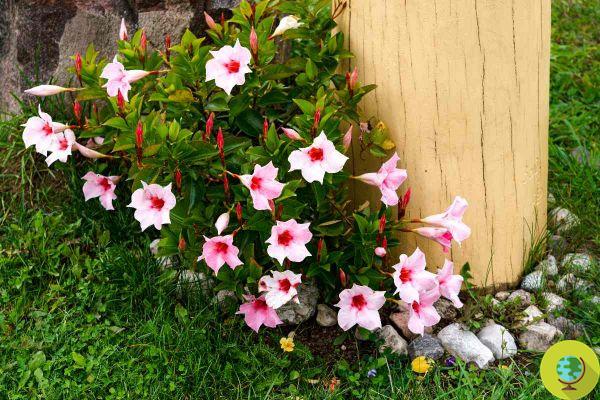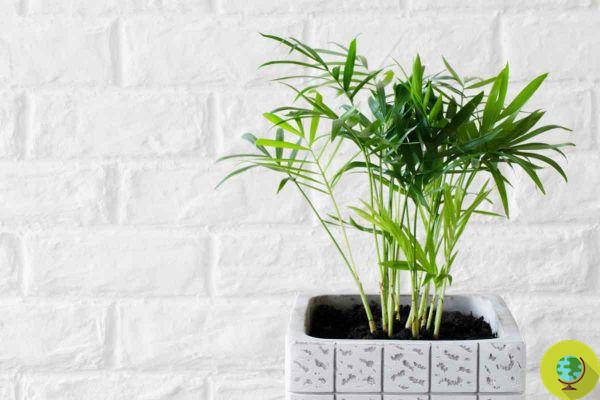Bokashi is a Japanese composting method, 100% organic and natural. Let's find out what it consists of and how to do it at home.
He is about to end up run over, his mother saves himComposting is an important step for cultivation, since it is through composting that the soil is nourished with all the substances necessary for healthy and lush growth of plants and crops. There are many different ways to compost, and the bokashi it's one of these.
It is a new 100% organic and natural composting method, of Japanese origin, which consists in the production of a fertilizer obtained from a fermentation process. In fact, in bokashi, organic waste is used, that is the kitchen leftovers that are transformed into compost rich in nutritional properties. (Read also: Growing from waste: have you ever tried planting apple seeds in a coffee grounds?)
Index
Bokashi: what is it
Bokashi is a Japanese word, which means "fermented organic matter". It works by fermenting the compost, and this adds even more nutrients than standard compost.
Il The host half of bokashi is generally bran, but other organic products or waste can also be used, such as rice, dried leaves, sawdust, or the waste products of flour milling. While it is possible to make your own bokashi compost at home, it is much easier to purchase ready-made compost at a nursery. Once you have your organic compost, all you need to do is add the food scraps and compost waste to the bucket.
Once this is full, close the lid and let the product ferment for up to 3 weeks; liquid will form, which must be removed, but remember that this is a great fertilizer for plants.
After the 3 weeks you will be left with del fermented soil, without unpleasant odors, which can be scattered in the garden or added to the soil.
Is bokashi better than compost?
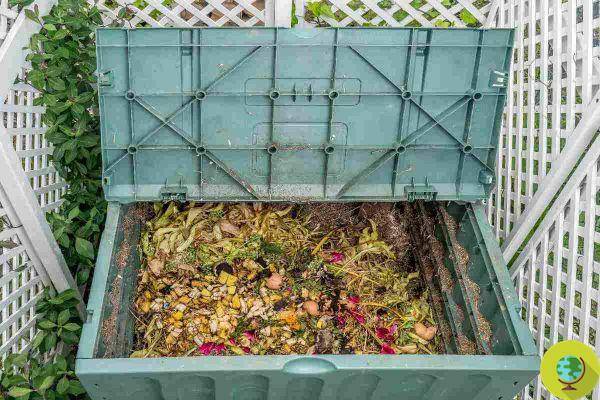
© Pryzmat / 123rf
Any type of composting is fine; but there are advantages and disadvantages in each method:
- composting exploits the action of small microbes to break down organic matter into small pieces, in an aerobic environment.
- bokashi is a fermentation process, in which oxygen is completely removed to aid the fermentation process.
The latter is a much faster process than traditional composting, but it may not benefit the soil in the long term. Composting is the best thing to do with garden waste, while the bokashi works much better with kitchen leftovers and food scraps.
Difference between bokashi and compost
The main difference between bokashi and compost is the type of process used.
Il composting uses decomposition and heat to transform waste, of vegetables and gardens, into a perfect soft compost. This traditional method is used for raw plant waste, general garden waste such as weeds, lawn cuttings, twigs and leaves.
The bokashi uses, instead, fermentation techniques in a completely anaerobic environment, i.e. without oxygen; it is made with organic kitchen waste, including cooked foods. The composition of the bokashi style is characterized by the lack of air; in fact, the process is carried out inside a completely sealed bucket in order to facilitate the fermentation process. After the first fermentation, the organic waste is added together with the terra petra and it is left to ferment for another 3-4 weeks.
To sum up, composting is a one-step method, while bokashi requires two. Additionally, traditional composting may not take up much of the waste from bokashi, and it can take longer.
The advantages
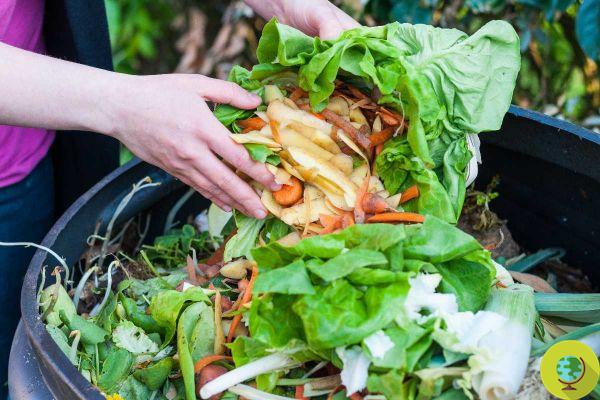
©Windsurfer62/123rf
Compared to more traditional composting methods, here are the advantages of bokashi:
- allows you to recycle organic waste
- avoids unpleasant odors thanks to the use of a closed container
- it is cheap
- with bokashi there is no need to use fertilizers or other products
- it is very nutritious for the soil
How to make bokashi at home
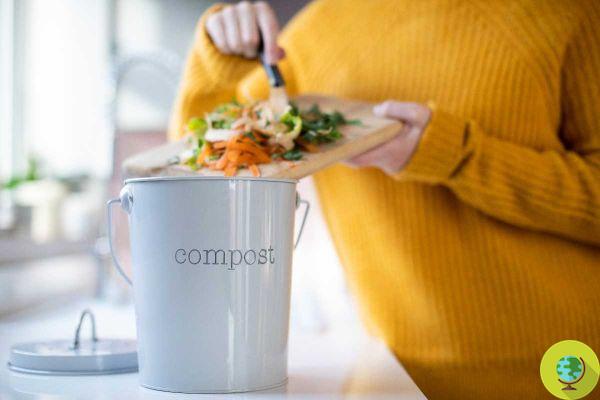
©Daisydaisy/123rf
You can easily making your own bokashi compost at home, but getting the right balance between beneficial microbes can be tricky. If you decide to try it yourself, you will need:
- EM-1 (this is a bottle of liquid containing microorganisms)
- molasses
- wheat bran
- terra petra, that is a special soil that serves to accelerate the fermentation process and must be added together with organic waste.
Procedure:
- mix 1 tablespoon of molasses in 250 ml of warm water
- stir until dissolved
- add 1 tablespoon of EM-1
- pour this mixture into 500 g of wheat bran and mix very carefully
- the mixture should be moist but not mushy
- put the whole mixture in an airtight container, close it completely so that no air enters
- leave it in a warm place for about 2-3 weeks
- after 3 weeks, open the container and check the contents which should have a fermented smell and you may notice white mold on the surface
- spread the compost on a baking sheet and let it dry well in a warm place out of direct sunlight
- add leftover food to the bucket
- continue to add the organic waste until the container is full, allowing any liquid to drain
- also add the terra petra, the soil used to activate the fermentation.
After about a month the bokashi compost will be ready; the liquid that forms in the bucket you can use it as a plant fertilizer.
Kit online
Online you can buy ready-made bokashi kits, which include airtight cans and mixes to activate fermentation. Here are some products selected by our editorial team.
If you don't know bokashi, that's baby video that will tell you everything you need to know:
Follow us on Telegram | Instagram | Facebook | TikTok | Youtube
Could it be interesting for you:
- Have you ever tried to plant sesame seeds from your pantry to get more at no cost?
- Aromatic herbs to plant at the end of the month to have them available already in spring
- Marimo: how to take care of the Japanese puffball that lasts forever
- Here's how an artichoke turns if you don't pick it
- Can we burn the scraps of pruning?
- Try planting seeds from market-bought peppers to grow them at no cost
- Micro gardening: the new trend of urban gardening




